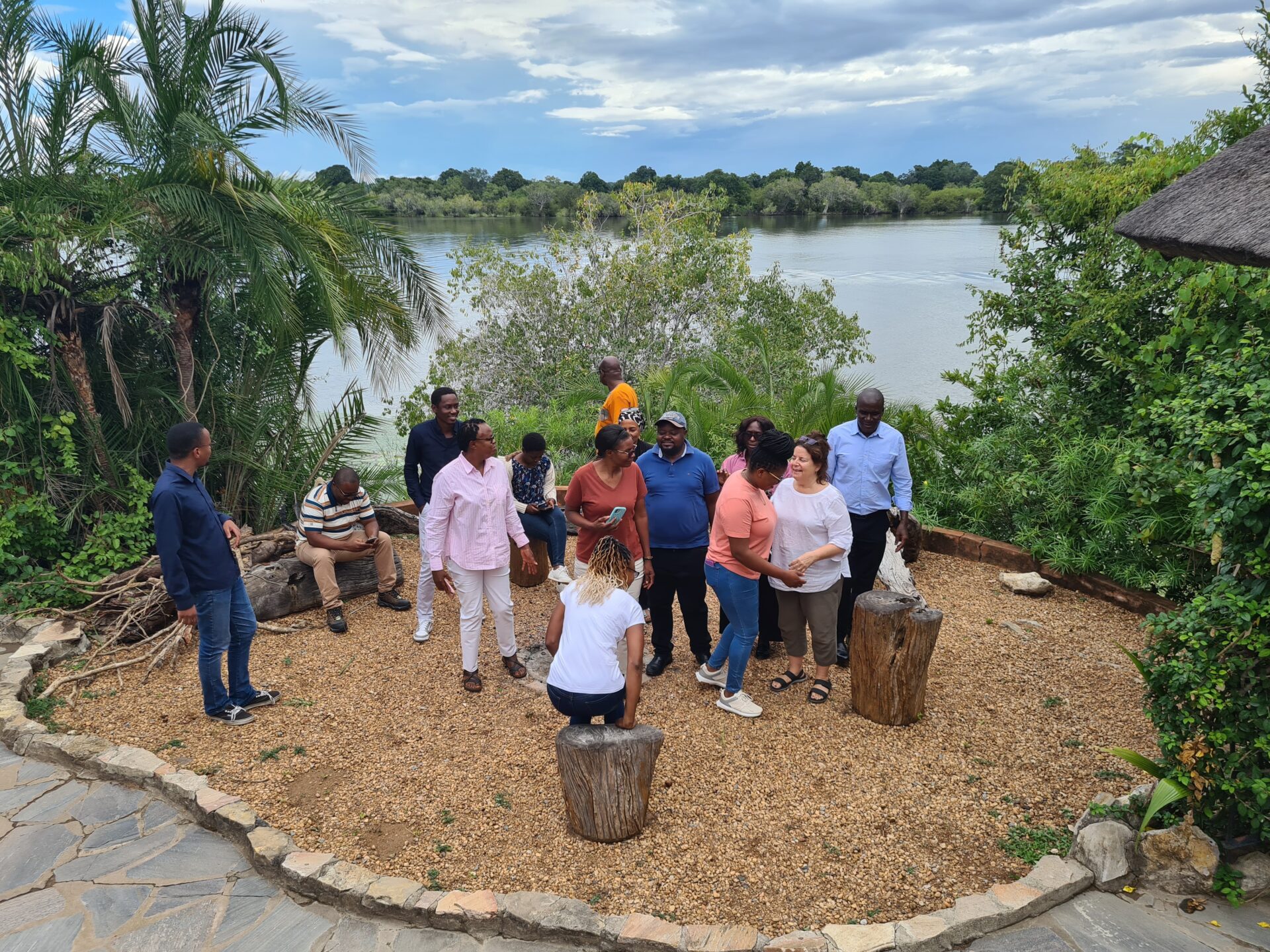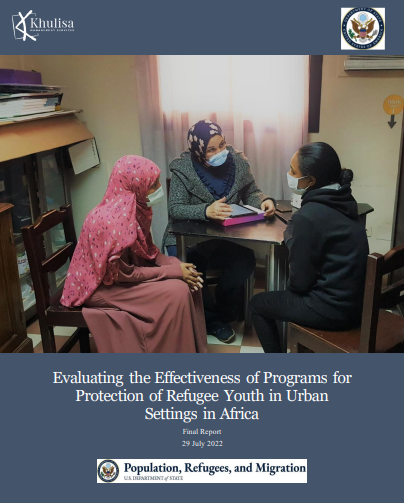Date: July 28, 2020
In our latest blog Khulisa documents our Virtual Evaluation Competition experience and provides easy-to-follow pointers on how to host a virtual evaluation competition. Here is a summary of these four steps.
STEP 1: Planning
- Identify the theme and action of your event – for any competition planning, it’s good to hook it to a specific event that will attract wider excitement and awareness. We chose gLOCAL Evaluation Week 2020
- Brainstorm the format of the competition
- Be clear what you want to achieve with the competition – in our case, it was partly a capacity building drive for a local NGO, PLAY Africa. We also wanted to continue our support for Young & Emerging Evaluators
- Engage other partners in the competition
- Refine competition strategy and ideas, collaboratively
- Launch of the online competition application
- Identify judges to represent the competition panel
STEP 2: Implementing
- Provide regular feedback and responses to applicants
- Allocate teams
- Ensure it all stays on track by providing support, feedback and encouragement to the teams
- Request submission of assignments – we asked participants to submit video presentations one day before the actual competition, which we made available on YouTube. Some participants only sent PowerPoint presentations, which we then converted to video format in PowerPoint
- Assess assignments – judges received all the presentations prior to competition day, and were able to begin the assessment process
- Sequence the presentations against a set schedule/agenda to assessment rubrics
- Allocate timing of Q&A sessions
- Prepare and line-up video presentations
- Do a competition dry run
- Hold Judges Briefing Session
- Send Judges’ questions to the teams
- Consider audience participation
- Winner announcement planning
STEP 3: Hosting
- Send all team participants the Webinar link
- Ensure that all teams are aware of the schedule/agenda for the Webinar session
- Outline the judging process clearly to both judges and participants
- Set up a private channel to communicate with Judges and the Competition MC
STEP 4: Reflecting
- Administer a post-event survey
- Interview the competition partner to see if the competition succeeded in its goal
- Include reflection feedback from the judges and other stakeholders, as well as feedback on the final presentations and the lessons learnt in a learning brief or blog
- Provide Certificates to all participants so that all the teams have a record of the event and their participation


